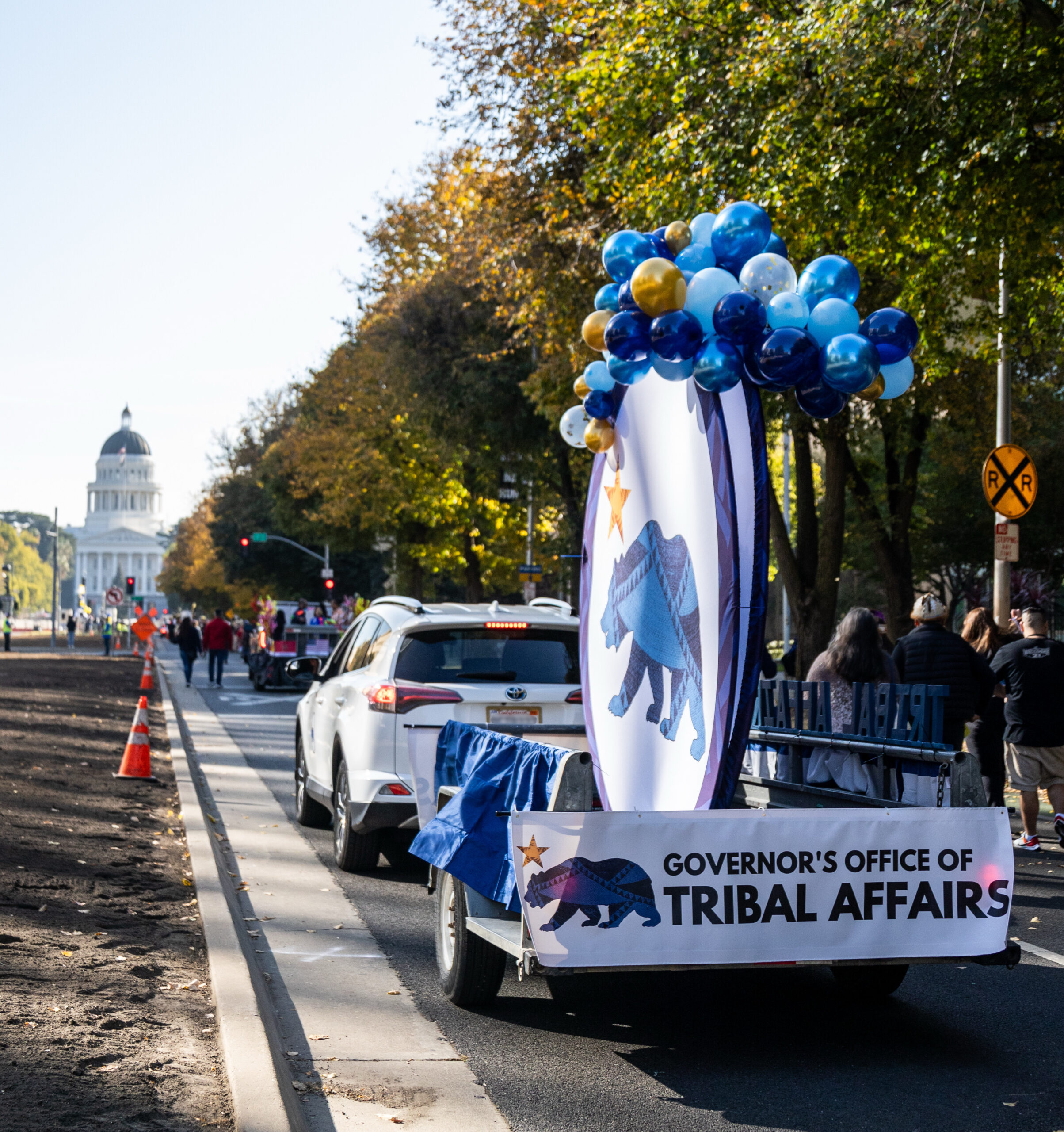On Native American Heritage Day, Governor Newsom celebrates progress and partnership with California Native American tribes
What you need to know: During Native American Heritage Month, California strengthened partnerships with tribes across the state to address ongoing challenges and disparities in public safety, health care, housing, and supportive services.
Sacramento, California – As Native American Heritage Month comes to a close with Native American Heritage Day, the Newsom administration joined Native American communities in celebrating Native people and their many contributions – both past and present – to California and the country. The administration also partnered with tribes across the state to address ongoing challenges and disparities related to public safety, health care, housing, and supportive services.
Native American Heritage Month is a chance to honor all that the Native communities in California have done, all that they’ve achieved, and all that they are still doing. As California works to address our dark past, we are proud to partner with our tribal partners as we work together to chart a bright path forward.
Governor Gavin Newsom
In celebration of California’s Inaugural National Native American Heritage Month Parade, Tribal Affairs Secretary Christina Snider-Ashtari and Deputy Secretary Loretta Miranda led the Governor’s Office of Tribal Affairs’ float. Maritza Barley, Ms. UCLA Powwow Princess, and Sienna Fuller, Miss Big Pine Paiute Tribe, joined the Office.
Ahead of the parade, the Office hosted a roundtable with several young women, including Barley and Fuller, who hold the prestigious title of royalty in their community and serve as ambassadors for their people. The other members of the roundtable were Miss Bishop Paiute Tribe Uriah Martinez, Sukut Menyil Fiesta Princess Amelia Rodriguez Resvaloso, Sukut Menyil Fiesta Junior Princess Jayla Sanchez, and Daughter of Morongo Elka Waters.
Truth and healing work
In 2019, Governor Newsom issued the first formal apology to California Native Americans and created the California Truth and Healing Council via Executive Order N-15-19.
Since then the Council, led by Secretary Snider-Ashtari, has worked with tribal communities to record and better understand the historical relationship between the state and California Native Americans. The Council held its final in-person quarterly meeting this November, ahead of its final report, to be released on the 175th anniversary of the State of California in 2025.
Earlier this month, 357 acres of ancestral land were returned to the Wiyot Tribe, continuing California’s efforts to return ancestral and culturally significant land to tribes across the state. Through the administration’s Tribal Nature-Based Solutions grant program, the state has awarded $107.7 million to fund 34 projects and support the return of approximately 49,345 acres of land to California Native American tribes.
On November 15, the California Advisory Committee on Geographic Names officially approved the renaming of over 30 locations in 15 counties that previously contained the derogatory term “squaw.”
More money to address the MMIP crisis
To support tribal efforts to address the worldwide Missing and Murdered Indigenous Peoples crisis – recognized in the U.S., Canada, Australia, and New Zealand – California approved the allocation of over $13.2 million in grant funding through the MMIP Grant, following the earlier awarding of over $20 million in grants.
California has worked closely with tribes across the state to develop strategies to support tribal work and investigations to solve and prevent these cases, and the Governor has signed significant legislation to address the MMIP crisis, including bills establishing the Feather Alert and increasing collaboration among, and training for, law enforcement agencies.

More housing and supportive services
California is working directly with tribal leaders and communities to implement new programs designed to help address the unique challenges and needs of Native communities in terms of housing and homelessness support.
Native American tribes throughout the state received more than $91 million to address housing and homelessness, including $71 million from the first-ever awards from the state’s Tribal Homekey program and an additional $20 million through the state’s Tribal Homeless Housing, Assistance, and Prevention Program, both administered by the California Department of Housing and Community Development (HCD).
The state also announced new tools and funding to help create permanent supportive housing faster, with $121 million in new funding for Native American communities through the Homekey+ program funded by voter-approved Proposition 1.
More on the Governor’s Office of Tribal Affairs and the Truth and Healing Council can be found here.




